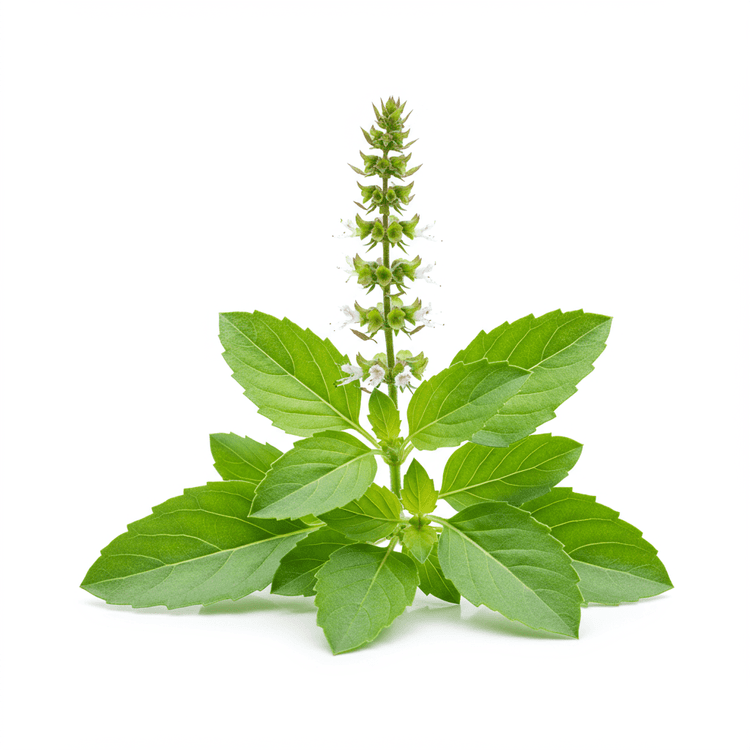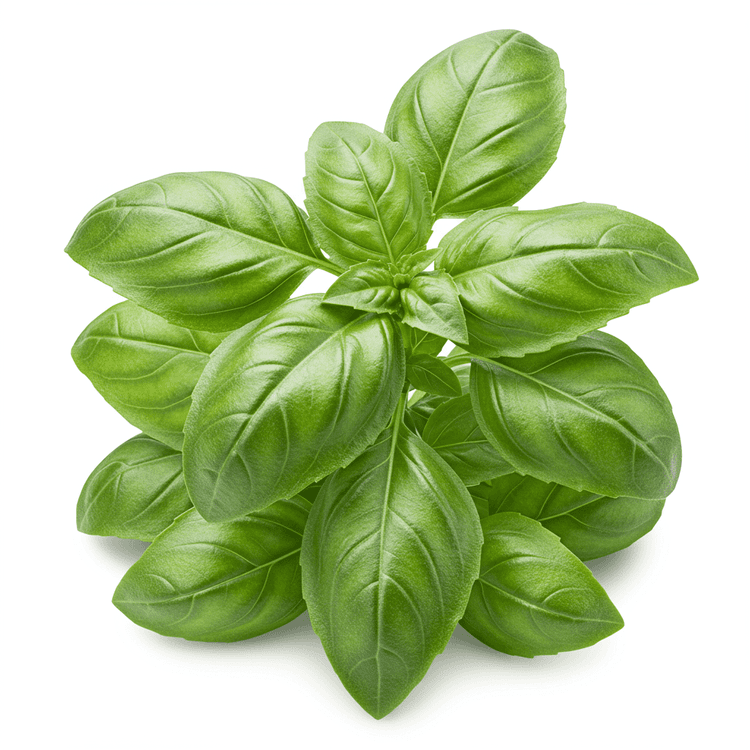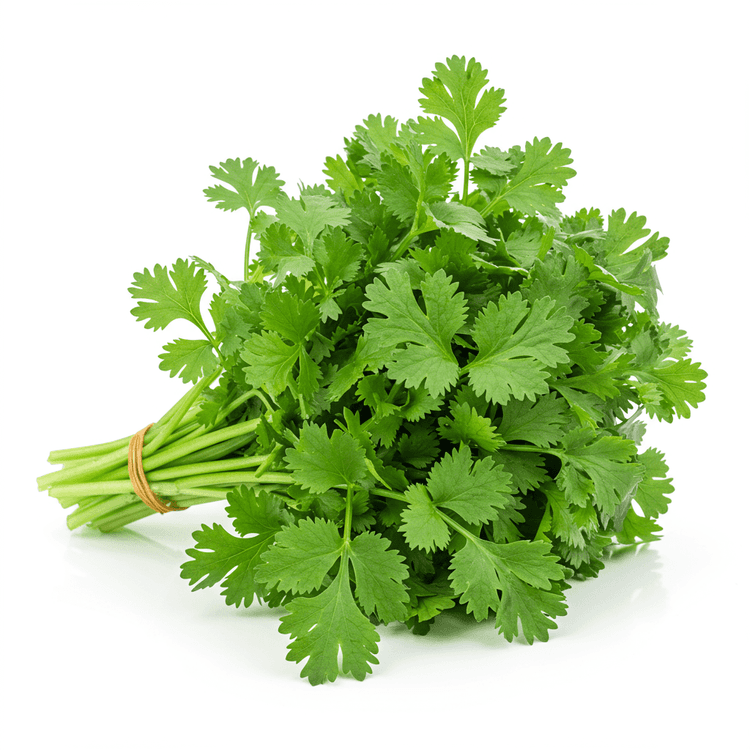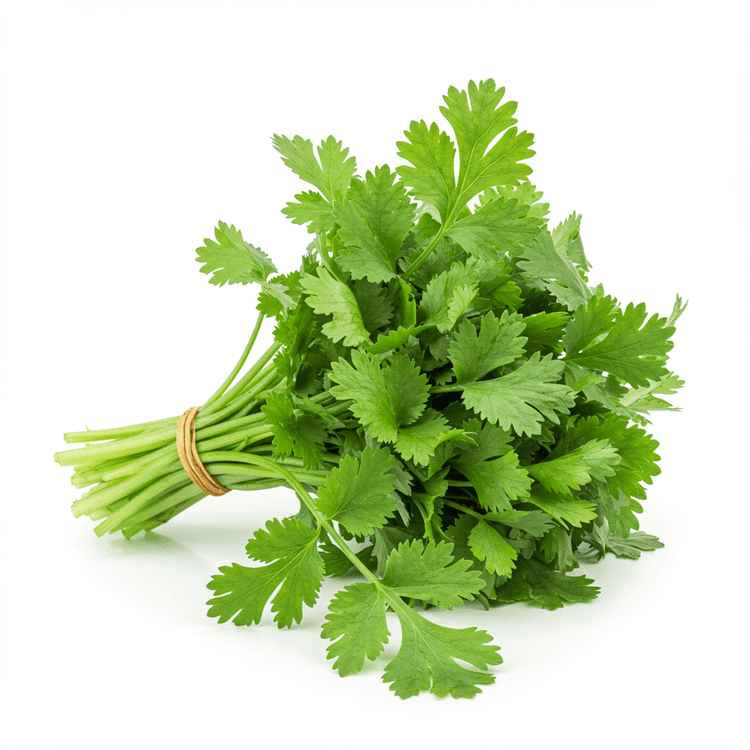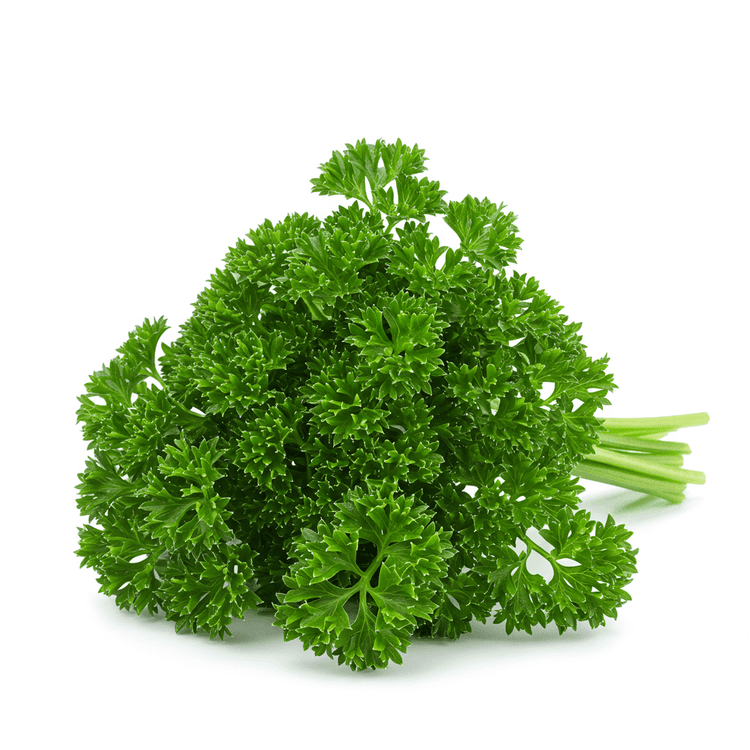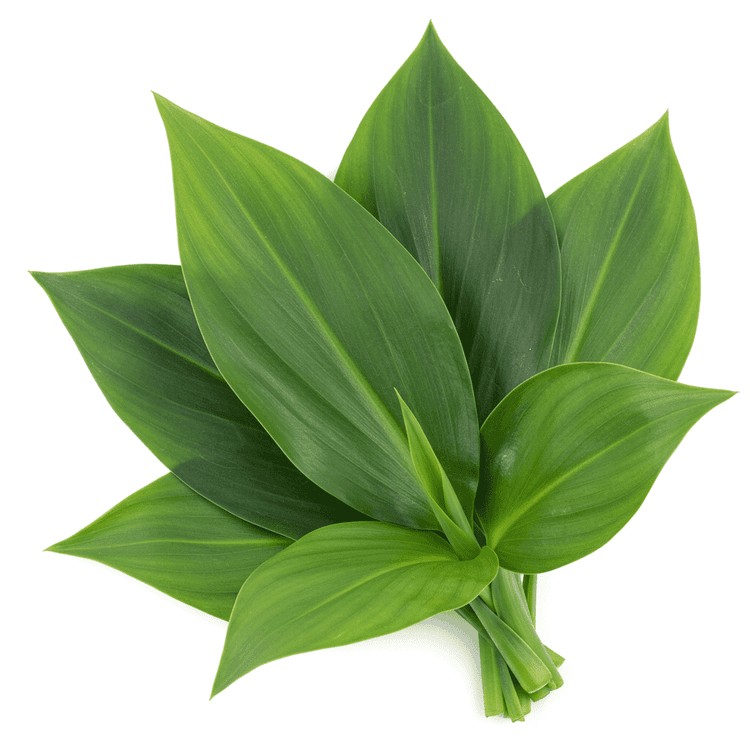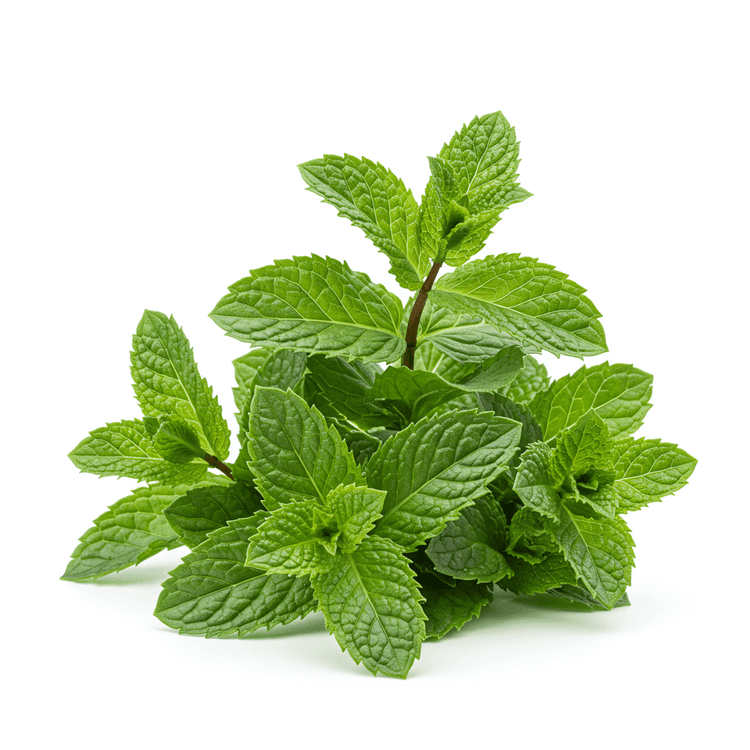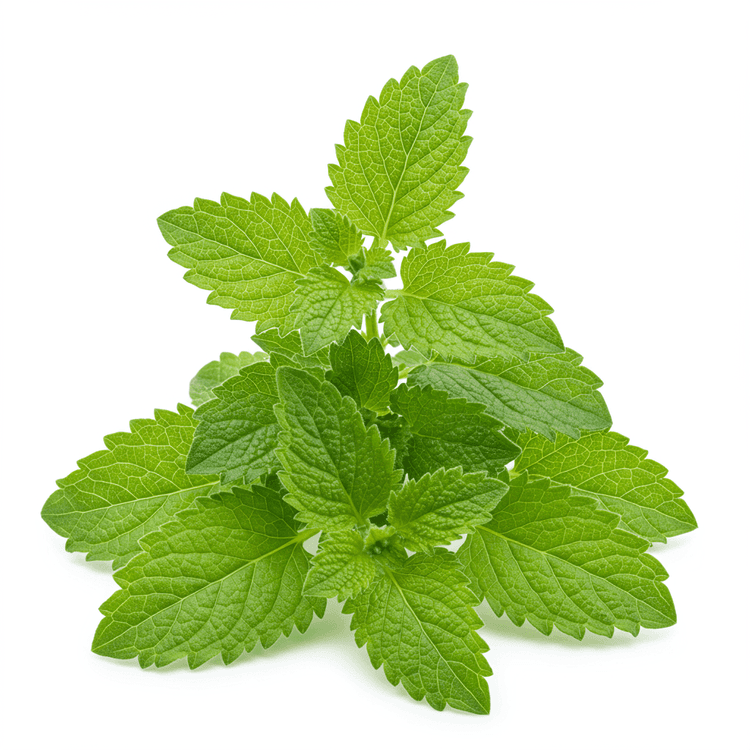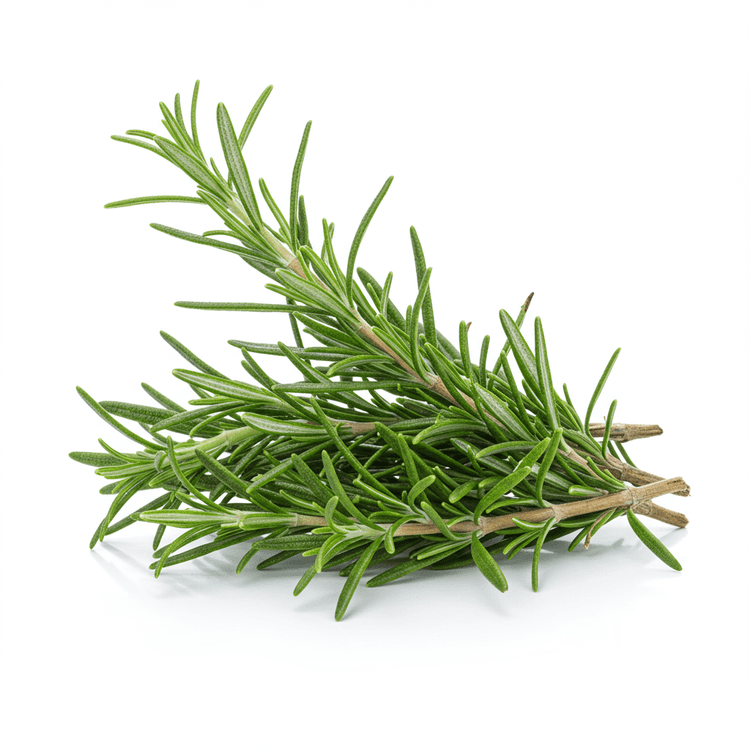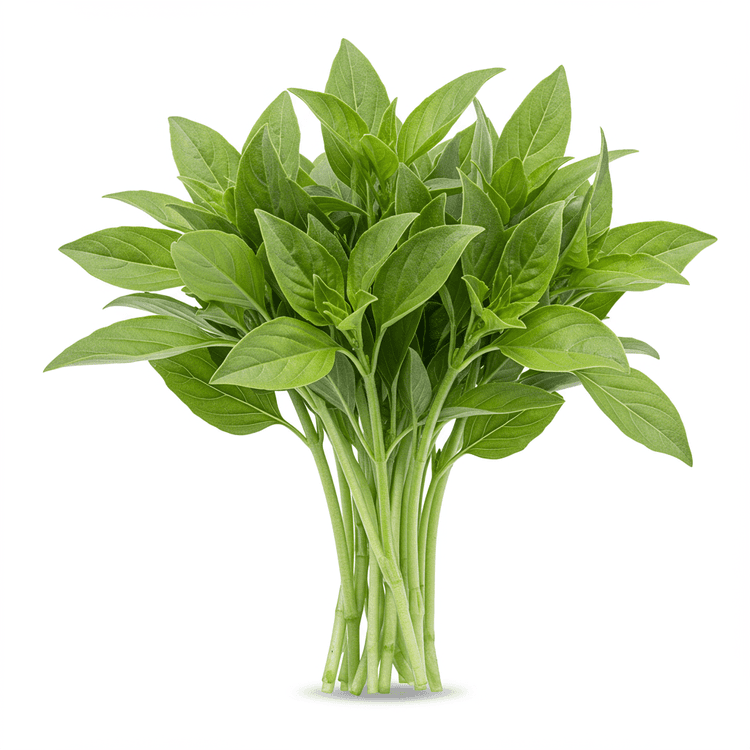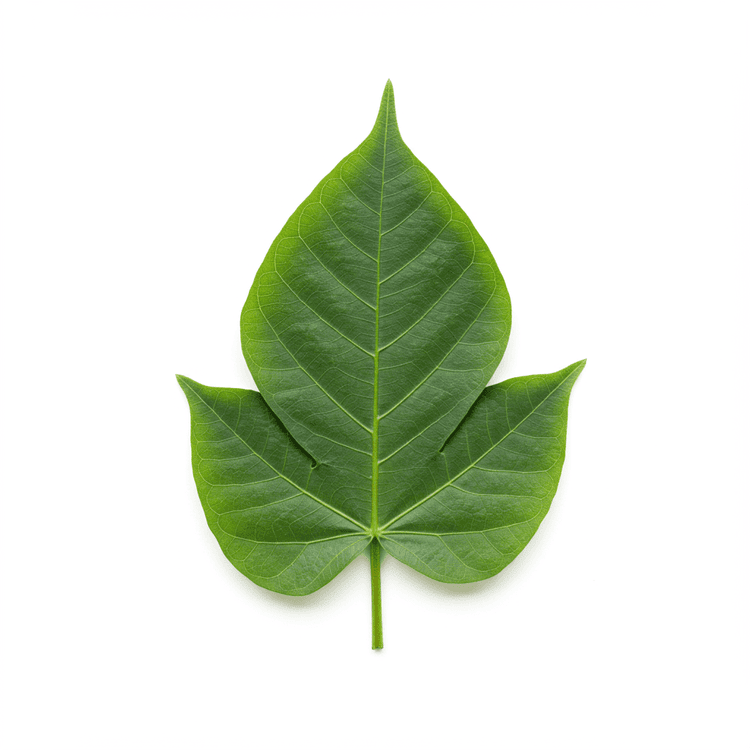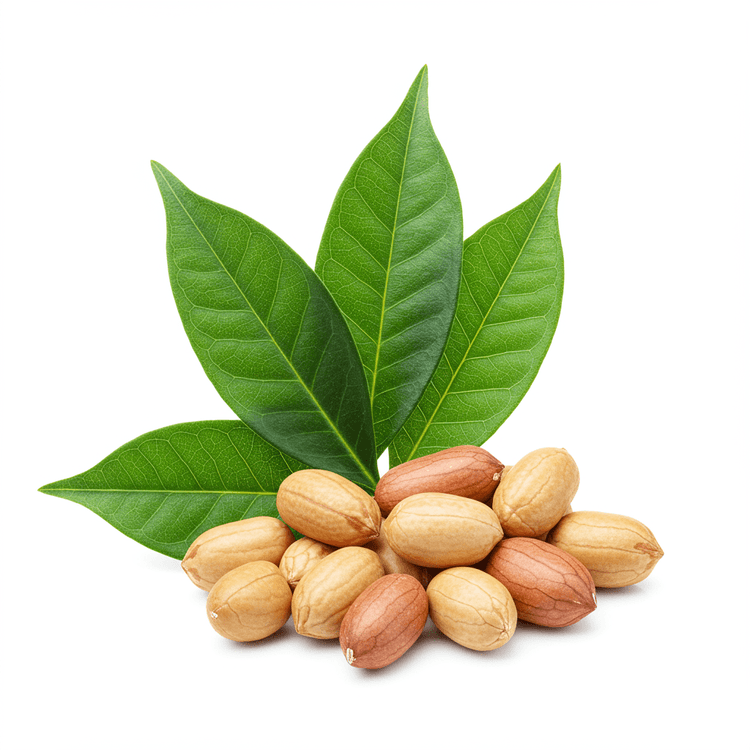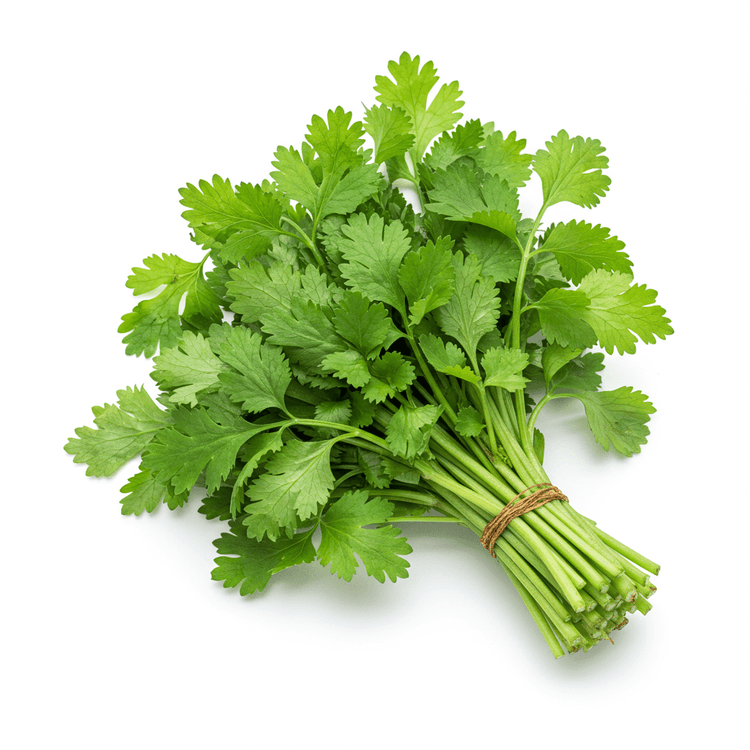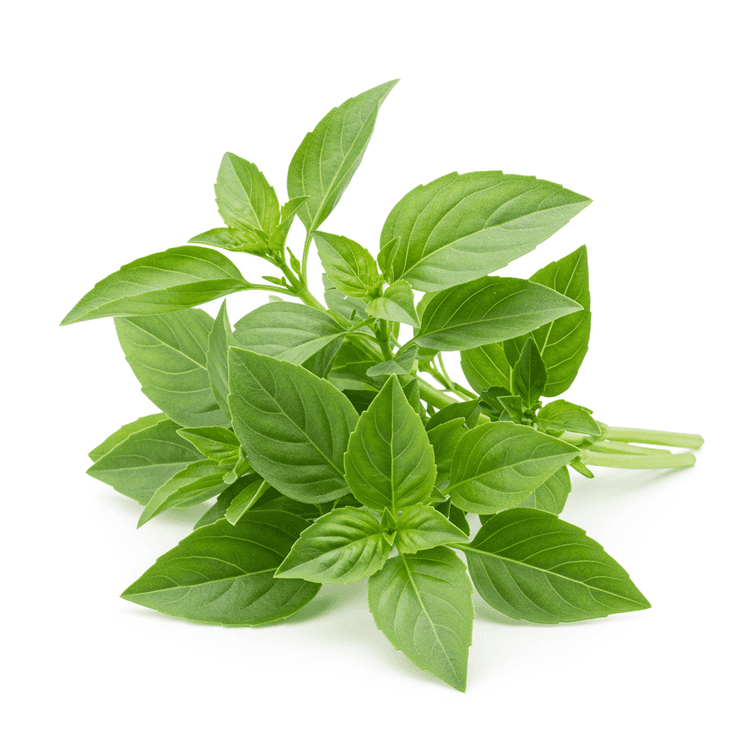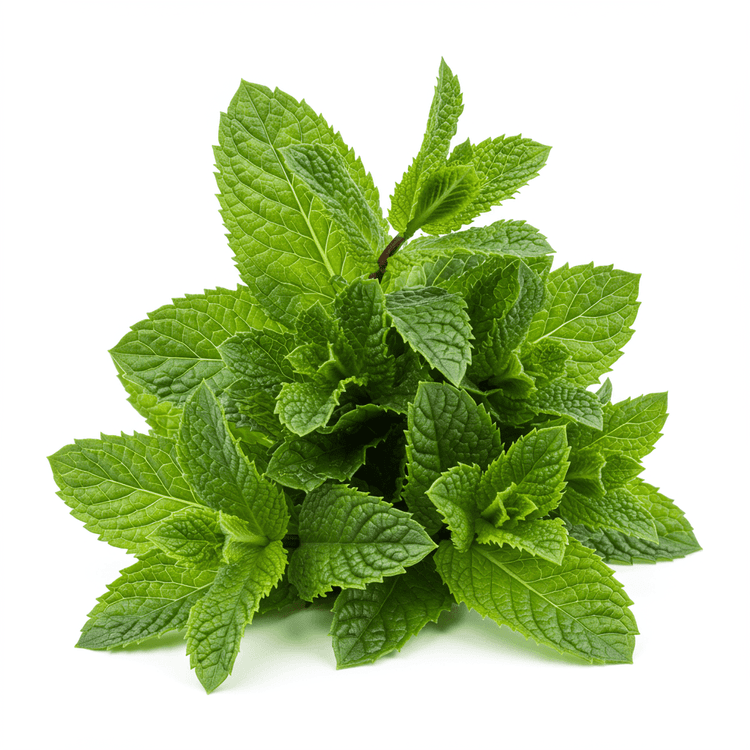
Mint
Mint is a vibrant and aromatic herb, prized for its refreshing flavor and cool aftertaste. With its bright green leaves and distinctive scent, mint adds a burst of freshness to both sweet and savory dishes. Its flavor profile is characterized by a combination of sweetness and a cooling sensation, making it a versatile ingredient for culinary creations and beverages alike. When you're looking to add a touch of freshness to your cooking, mint is an excellent choice, providing both flavor and visual appeal. The leaves are delicate and easy to bruise, so handle with care to preserve their volatile oils and maximum flavor.
Common Uses
- To create refreshing beverages like mojitos and mint iced tea, simply muddle fresh mint leaves with sugar or sweetener and other ingredients for an invigorating drink.
- As a flavorful addition to salads, adding chopped mint leaves to green salads, fruit salads, or grain salads provides a bright and herbaceous element.
- For delicious mint sauces and chutneys, blend fresh mint with yogurt, lemon juice, garlic, and spices to make a zesty condiment for grilled meats or vegetables.
- Use fresh mint in desserts like chocolate mint brownies or mint chocolate chip ice cream, infusing a cool and refreshing flavor into sweet treats.
- In savory dishes like lamb tagine or Indian curries, incorporating mint leaves adds a layer of freshness and complexity to rich and flavorful meals.
- To garnish dishes, use whole or chopped mint leaves as an attractive and fragrant garnish for cocktails, desserts, or savory plates, elevating both the presentation and aroma of the food.
Nutrition (per serving)
Nutrition (per serving)
Calories
0.7kcal (0.03%)
Protein
0.0g (0.08%)
Carbs
0.1g (0.05%)
Sugars
0.0g (0.02%)
Healthy Fat
0.0g
Unhealthy Fat
0.0g
% Daily Value based on a 2000 calorie diet
Nutrition (per serving)
Calories
0.7kcal (0.03%)
Protein
0.0g (0.08%)
Carbs
0.1g (0.05%)
Sugars
0.0g (0.02%)
Healthy Fat
0.0g
Unhealthy Fat
0.0g
% Daily Value based on a 2000 calorie diet
Health Benefits
- May help relieve indigestion and bloating
- Rich in antioxidants that protect against cell damage
- Could improve brain function and alertness
- May help alleviate cold symptoms and congestion
- Potentially reduces pain associated with headaches
- Can freshen breath naturally
Substitutes
Chefadora AI is here.
Experience smarter, stress-free cooking.
Storage Tips
Fresh mint is best stored in the refrigerator to maintain its flavor and prevent wilting. You can wrap the mint loosely in a damp paper towel and place it in a plastic bag or container. Alternatively, you can place the stems in a glass of water, like cut flowers, and cover the leaves loosely with a plastic bag. Change the water every couple of days. Dried mint should be stored in an airtight container in a cool, dark, and dry place.
Marnirni-apinthi Building, Lot Fourteen,
North Terrace, Adelaide, South Australia, 5000
Australia
